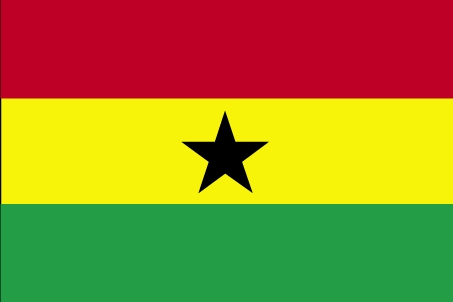When the Foreign Minister of Ghana, Nana Addo Dankwa Akufo-Addo, delivered a major speech in February 2006 to 2,000 people at the Kwame Nkrumah University for Science and Technology on the country’s “future perspective,” central to his vision –and that of the ruling New Patriotic Party (NPP)– was “indigenous capitalism”, which he defined as “the economic empowerment” of ordinary Ghanaians, most of whom, he noted, operated in the informal sector. “Indigenous capitalism encourages more and more of our citizens to become active players in the formal economy”, the Foreign Minister explained. Positioning indigenous capitalism squarely in the tradition of Ghanaian nationalism, Akufo-Addo noted that “informal sector reform” was the essential link to the nation’s on-going efforts at public sector, land, education, health delivery, and private sector support reform.
Noting that property rights were crucial to the economic success of American and Japanese capitalism, Akufo-Addo declared, “we cannot in Ghana begin to unleash the full potential of our early wealth before sorting out our land tenure system”. The Foreign Minister, however, was generous enough to share the credit for Ghana’s efforts to create a more inclusive market economy: “The lack of an integrated system of property rights, according to the renowned Peruvian economist, Hernando de Soto, makes it impossible for the poor to leverage their informal ownerships into capital (…) for de Soto, this is the basis of entrepreneurship”, the Foreign Minister pointed out.

